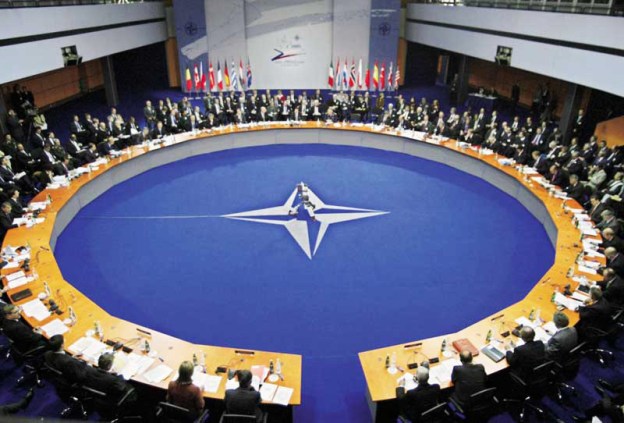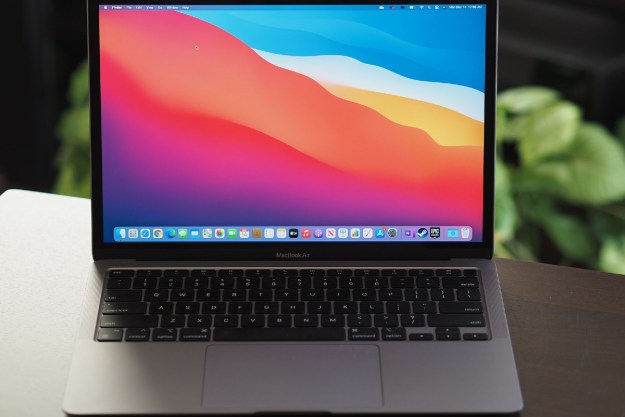
Hackers affiliated with the “AntiSec” movement claim to have breached security systems of the North American Treaty Organization (NATO), and stolen “about one gigabyte” of restricted data, according to a post on the @AnonymousIRC Twitter feed. The AntiSec hackers include members of the two most notorious groups on the scene: Anonymous and Lulz Security (LulzSec).
So far, AnonymousIRC has released only one document that purportedly comes from NATO’s secret database. The PDF file is headed “NATO Restricted,” and is dated August 27, 2007. The file was first posted to hosting site PDFCast.org, but has since been removed due a violation of the site’s terms of service. The document was then reposted to PDFHost.net. At the time of this writing, that version was unaccessible because of a traffic overload to the site.
A NATO official told the Wall Street Journal that they are looking into the matter to determine whether the document actually came from NATO’s database.
“NATO is aware that a hackers group has released what it claims to be NATO classified documents on the internet,” the NATO official said. “NATO security experts are investigating these claims. We strongly condemn any leak of classified documents, which can potentially endanger the security of NATO Allies, armed forces and citizens.”
The alleged breach of NATO follows losses both sides of the cyberwar. Just this week, US authorities arrested 16 people who are believed to have been involved in cyberattacks carried out in the name of Anonymous. Fourteen of those arrested are accused of taking down the website of PayPal after the online payment company stopped processing donations made to WikiLeaks. A day after those arrests, law-enforcement agents in Europe arrested five more individuals thought to have connections with LulzSec and Anonymous.
On the other side, the Pentagon recently admitted that hackers had stolen 24,000 documents from its database. Neither Anonymous nor LulzSec appear to have been involved in that attack. Prior to the breach of their systems, the Pentagon declared that certain kinds of cyberattacks are tantamount to “acts of war,” and could therefore evoke a military response.


